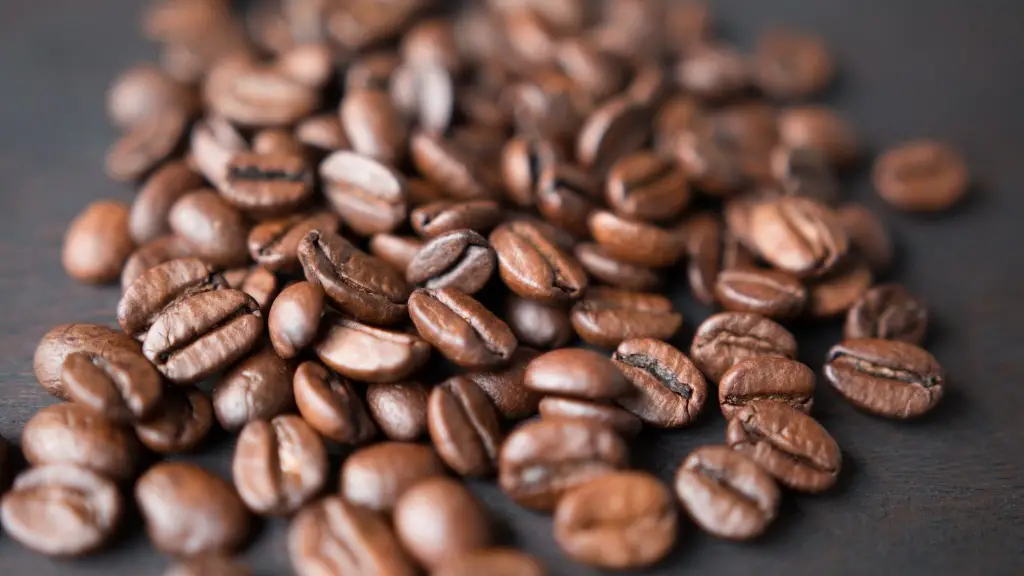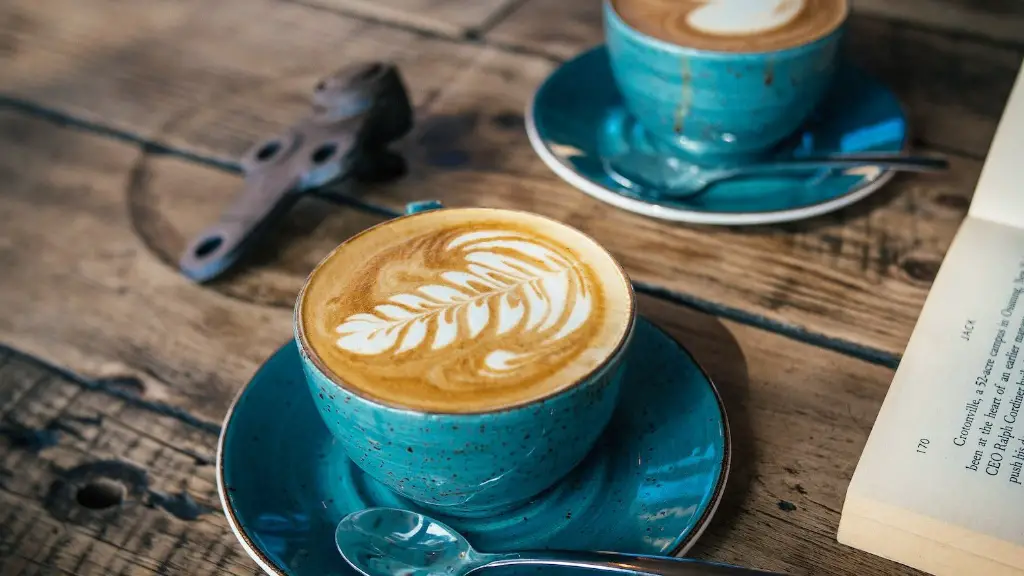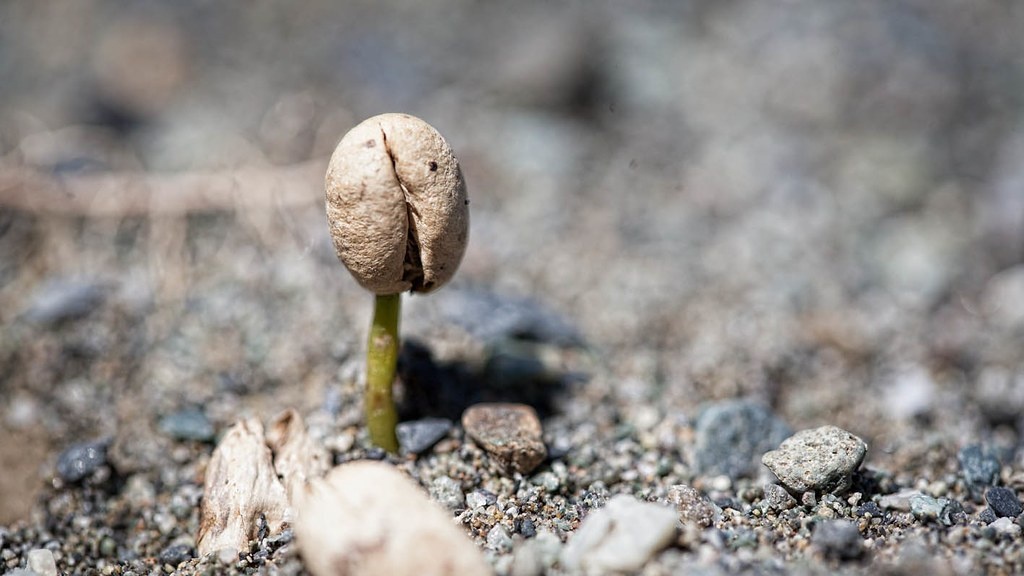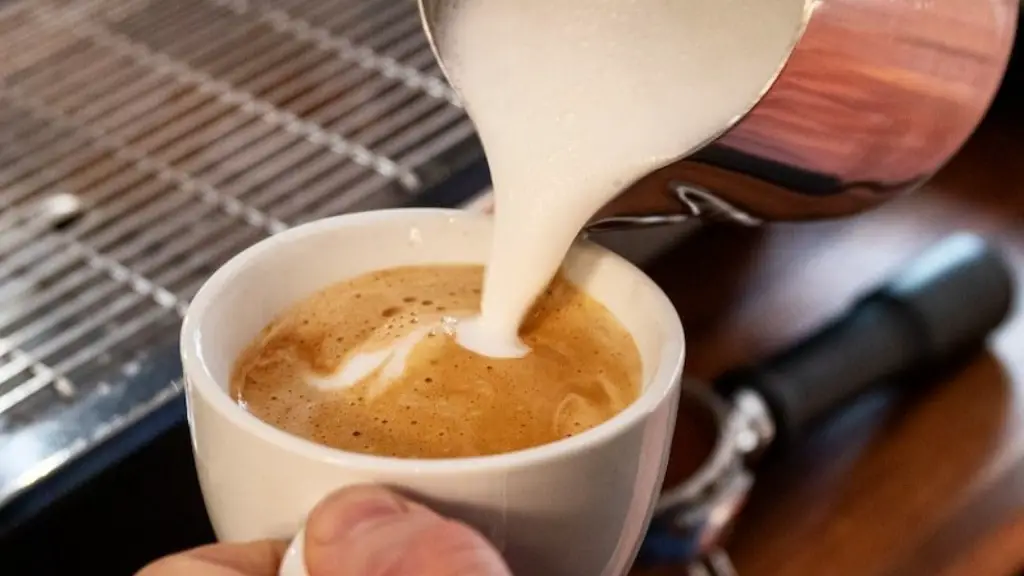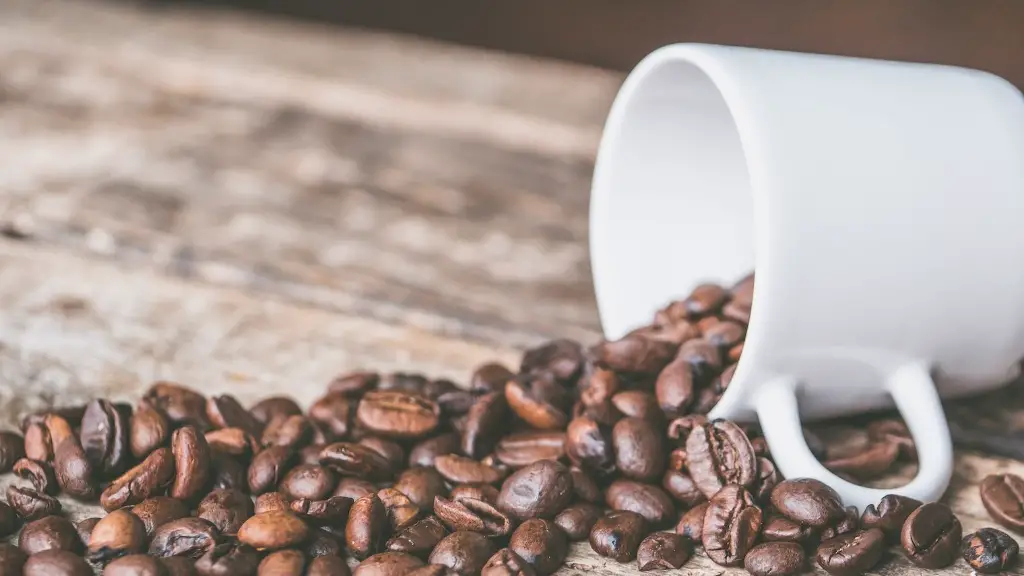Dental surgery can be a traumatic time for patients and many will worry about how their oral health is impacted by any medications prescribed or what foods and drinks can interfere with the healing process. One common question is, can I drink coffee after oral surgery?
Consuming coffee can be an important part of a person’s daily routine, so it can be difficult to contemplate abstaining from coffee consumption following a dental procedure. The way coffee can affect healing varies with the type of surgery that was performed.
Depending on the complexity of the procedure, it is impossible to give one general answer. However, as a general rule, it is advised that individuals abstain or limit their coffee consumption for the first week following oral surgery if their dentist or oral surgeon has not specified. This is due to the effect coffee can have on the healing process.
Caffeine, which is present in coffee, can cause increased heart rate and alertness, or have a diuretic effect, which can increase blood pressure. This can interfere with the healing process as it causes high blood pressure, muscle spasms, and general irritation to the affected area. Additionally, since coffee is a natural diuretic, it can encourage dehydration, which can also impede the healing process.
Though caffeine might be the main ingredient to avoid, acidity and sugar content can also be factors that impede healing. For this reason, it is advised to reduce the number of coffees, teas, and sodas a person consumes. Alternately, drinking decaffeinated coffee and/or warm liquids such as herbal teas could replace any lost fluids and supplements.
Most importantly, if a patient is not sure of the amount they should be drinking, they are advised to contact their dentist or oral surgeon before any coffee consumption. Any tensions that may be mounting as a result of not being able to consume coffee should be allayed by having a discussion with your medical practitioner.
Pain and Swelling
A common symptom that follows any oral surgery is pain, swelling and numbness. Coffee, nor any other beverages, should not be taken before the anesthesia fully wears out of the body, and 30 to 45 minutes before normal eating is resumed. Additionally, it is necessary that the patient follows the specific pain management techniques prescribed by the dentist or oral surgeon.
Since oral surgeries imply that recovery takes one or two weeks, it is best to abstain from consuming coffee during that time, or at least reduce the doses considerably to increase the chances of a rapid recovery. The amount of pain cannot be predicted, and it does not necessarily depend on the complexity of the surgery. Rather, some individuals may be more prone to experience higher levels of pain, or have longer-term recovery than other people.
Additionally, the effects of consuming coffee can vary for every person, depending on their medical conditions and therefore, consuming a small amount of coffee after understanding the medical conditions is leaving little to no space for risks.
Alternatives to Coffee
During a recovery process following dental surgery, there are many alternatives to coffee to satisfy cravings. Herbal teas are considered a great option to replace coffee. Herbal teas are easily available and help with inflammation and offer many other benefits which can accelerate the healing process, such as helping relieve pain.
Additionally, bars of dark chocolate covered in nuts can satisfy any sweet tooth cravings without the added sugar. Also, incorporating smoothies in your diet helps to add vitamins and minerals essential for the body.
Soups are also a great option if you are looking for something to consume after your dental surgery. It is light, but full of vitamins, minerals and healthy fats which can help with the body’s natural healing process. Additionally, soups are hydrating and easy to digest, enhancing the healing process further.
Returning to Normal Diet
Following dental surgery, it is recommended to avoid any hot and hard or chewy foods for the next few days. Additionally, acidic foods, along with carbonated drinks, should also be avoided for at least the first week following surgery. This is to avoid causing any damage to the affected area by scalding or irritating the wound.
Additionally, it is also necessary to avoid brushing teeth in the first 24 to 48 hours after the surgery commences. For the same reason, it is also better to avoid using a mouthwash as it would create more irritations to the wound and cause more swelling. However, drinking warm water after meals is recommended to help the healing process.
Contrasting Opinions
Though the opinion of dentists and oral surgeons can sometimes vary, the overall consensus tends to sway towards abstaining from coffee for the first week after a procedure. It is reported that abstaining from coffee can help reduce any pain or swelling in a wound as coffee can increase sensitivity, and cause dehydration.
However, some believe that small amounts of coffee consumed throughout the healing process can actually bring some benefits, such as an increase in focus and a sharpened sense of alertness. In addition, consuming small amounts of coffee can help the body to regulate the energy bursts, improving energy levels and encouraging the body to relax.
The opinions on how much coffee should be consumed after oral surgery do differ, however, the overall suggestion is to wait until the anesthesia has worn off, and the initial pain and swelling have subsided.
Weight Loss
Many individuals mistakenly believe that consuming coffee can lead to weight loss, especially if one were to substitute two meals a day with coffee. However, research conducted on the effects of consuming coffee has found that while drinking coffee can suppress hunger, and in certain cases, increase metabolism, it cannot replace a proper meal.
Therefore, if an individual is abstaining from food in hope of losing weight, it is recommended that they also abstain from consuming coffee. In the same way that going without food will have a negative impact on the body, reducing caffeine intake will have a positive effect on the body, as it can reduce the level of stress and anxiety and have a calming effect.
Risks of Consumption
Although small doses of coffee can be beneficial, it is not recommended to consume caffeinated beverages during healing after oral surgery. Because the effects of coffee are somewhat inconsistent, it is important to be aware of the possible risks that an individual takes when consuming coffee during this period.
Insomnia and restlessness can be direct consequences of drinking coffee in the recovery period. Additionally, consuming caffeine can increase the production of stress hormones, such as cortisol, and may have a negative effect on healing and also have a negative impact on the individual’s energy levels.
Takeaway
For most people, abstaining from drinking coffee during the recovery process after oral surgery is the best bet. While it is difficult to change one’s habits and lifestyle, reducing the amount of coffee in the diet can make all the difference. If unsure, it is best to talk to a dentist or an oral surgeon to get advice, so that the healing process is successful and without any further delays.
